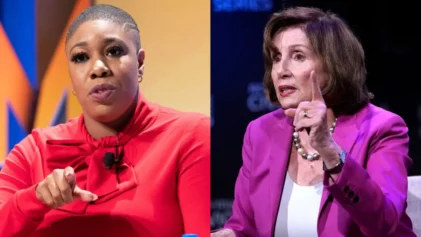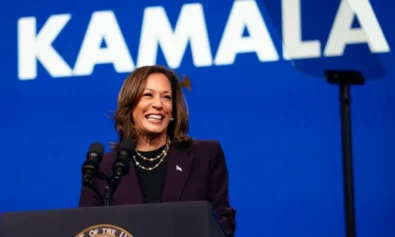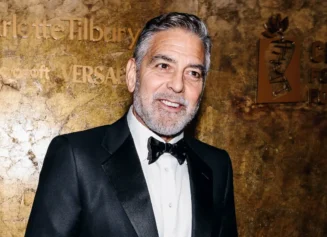The president of the National Black Farmers Association has called for Republican Sen. Lindsey Graham to apologize for his critical comments about a provision of the $1.9 trillion coronavirus relief bill that will benefit Black farmers.
John Boyd Jr., a fourth-generation Black farmer and civil rights activist, said on a Sunday episode of MSNBC’s “PoliticsNation with Al Sharpton” that the senior South Carolina senator hasn’t ever spoken up out against discrimination, despite the challenges they face.
“I lobbied Sen. Lindsey Graham as a congressman. I lobbied him as a senator. I’ve been by his office and asked him to help me fix the problems at the United States Department of Agriculture that caused Black farmers to lose millions of acres of land and address the lack of loans and subsidies, and he’s never once used his megaphone to speak out against the discrimination,” he said.
“But as soon as we get justice here, some 30 years later, his very first words — he said he found it troubling, and in his last part of his statement, he said that we need to check them.”
Boyd’s comments came after Graham criticized a portion of the new legislation set to benefit Black farmers, calling it “reparations.”
During an appearance on Fox News last week, Graham took aim at the bill. “Let me give you an example of something that really bothers me. In this bill, if you’re a farmer, your loan will be forgiven up to 120 percent of your loan … if you’re socially disadvantaged, if you’re African-American, some other minority. But if you’re [a] white person, if you’re a white woman, no forgiveness. That’s reparations. What does that have to do with COVID?” he said.
The $1.9 trillion coronavirus relief bill was signed into law by President Joe Biden last week. The bill includes $5 billion that will go to socially disadvantaged farmers of color, including Black, Hispanic, Native American or Asian American farmers.
The measure provides $4 billion to go toward covering up to 120 percent of outstanding debt, while $1 billion will be allocated towards education, training, and technical assistance.
Some have applauded the relief for disadvantaged farmers as a steps towards addressing historic inequalities that have contributed to Black farmers’ shrinking numbers.
“I want to reiterate that since 1910, Black farmers have lost 92 percent of their land, some 12 million acres, largely due to systematic racism,” said MSNBC host Rev. Al Sharpton. “For our viewers, what does that discrimination look like, specifically where banking and access to federal aid are concerned? You and I have talked about this for years. You’ve been on the forefront of it. Explain what has happened historically and why this means something.
The Hill explained last month how Boyd described the way discrimination has often played out for Black farmers:
In counties that have farms, the USDA’s Farm Service Agency has governing outposts known as county committees.
Historically, these panels have been overwhelmingly white, purposefully excluding Black farmers. Since loan programs, credit access and other government assistance are doled out through county committees, generations of Black farmers were often heavily shut off from critical aid.
This not only created stark inequity, but also a culture of mistrust and lack of communication between Black farmers and the agency.
Boyd said Black farmers continued to remain shut out of financial relief under the previous administration.
“We’ve been totally shut out. And under the last administration, Rev. Sharpton, they pulled out $29 billion to primarily white farmers in this country, where black farmers didn’t participate at all,” said Boyd. “And when we put this bill in a part of the COVID relief bill, ten senators sponsored amendments to pull our language out. And Sen. Lindsey Graham, who is a very outspoken critic, said it really bothered him that we were a part of this spending bill.”
The activist has called for Graham to apologize for his comments. “He needs to apologize not only to our Black farmers but to Black people in this country who struggled for so very long and now get a chance for a little bit of justice, and he uses his megaphone to play this race-type thing when he knows firsthand that Black farmers have suffered. When he has 6,000 Black farmers in his state, and he won’t help us. but he uses his megaphone to try to deny payments to Black farmers,” Boyd said.


